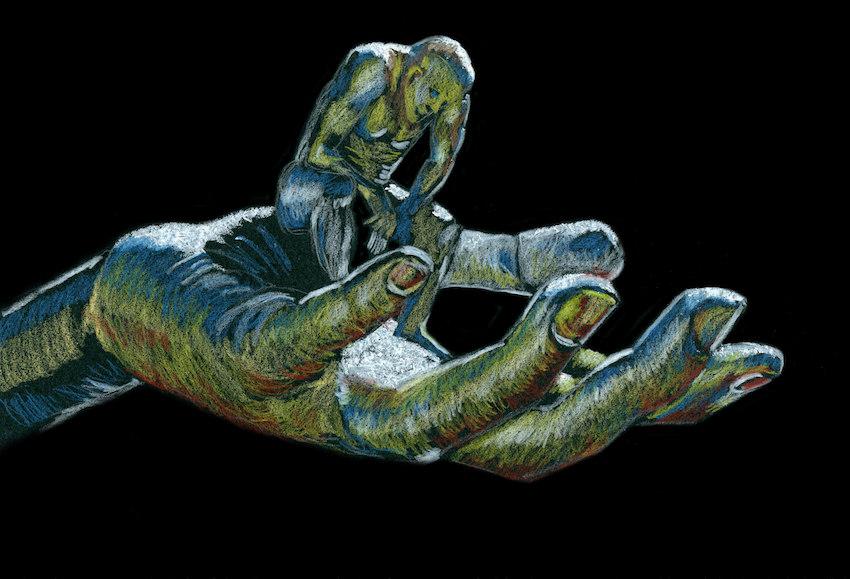PART 23 of the Superannuation Industry (Supervision) Act 1993 (SIS Act)
The Minister for Superannuation in 2011 activated the provisions (Part 23) in the Trio Capital fraud situation; VOFF want to dispel any concerns we have about whether Part 23 was appropriately used. Mr Shorten's history challenges VOFF to find out if the Trio crime was turned into a political event.
In 2015 The Royal Commission into Trade Union Governance and Corruption found when Mr Shorten was state secretary of the Australian Workers' Union (AWU), he entered into a deal with Cleanevent Company, allowing the company not to pay penalties for night-shift or weekend work. Mr Shorten sold-out the worker’s rights, leaving thousands of workers paid vastly below award rates.
In 2016, The Road Safety Remuneration Tribunal was abolished. Started by the Gillard government in 2012 and set up by then-Workplace Relations Minister Bill Shorten, the RSRT sets pay and conditions for road transport drivers.
Seen by some as Labor’s method to destroy the private and small business trucking industry, the idea was that after the little guys lose their trucks they will be forced to join the trucking giants to remain employed. For the ALP, this translates as an increase in union membership and consequently more funds for the ALP to spend on their election campaigns.
Similarities can be drawn to Part 23 in Trio.
By differentiating between people of the same crime, Mr Shorten was able to divide and conquer, and so use a fear campaign against self-managed funds while promoting the union run APRA-regulated super funds, thus giving APRA regulated funds a bigger slice of the 25 billion dollar a year financial service market.
In the case of the Trio fraud, all types of investment vehicles were affected, but with Part 23, Mr Shorten found only the APRA regulated funds were 'victims for no fault of their own'. Meanwhile, the non-APRA regulated investors, according to Mr Shorten, 'placed their savings into troubled funds'.
Part 23 is a protection mechanism specifically designed to protect APRA regulated funds from fraud. VOFF surmise the protection was deemed necessary because many people manage the APRA regulated funds (leaving it exposed to possible fraud). On the other hand it was considered unnecessary to protect the self-managed super funds (SMSFs) from fraud because the SMSF trustees are responsible for managing his/her own funds and are unlikely to steal from themselves.
The Part 23 of the SIS Act under ‘interpretation’, “eligible loss" - means a loss suffered by a fund as a result of fraudulent conduct, or theft, but does not include an amount that the fund did not receive because of the failure of a person to pay contributions to the fund.
At section 1(aa)(i) it states ‘a regulated superannuation fund (other than a self-managed superannuation fund).’ Recognising ‘a regulated superannuation fund’ is an Australian Prudential Regulatory Authority (APRA), thus fitting the description into which ‘a person pays contributions’.
The Astarra Strategic Fund (ASF) is a Managed Investment Scheme (MIS). The MIS is neither an APRA regulated superannuation fund or a self-managed superannuation fund. ASF does not require ‘a person to pay contributions to the fund’.
